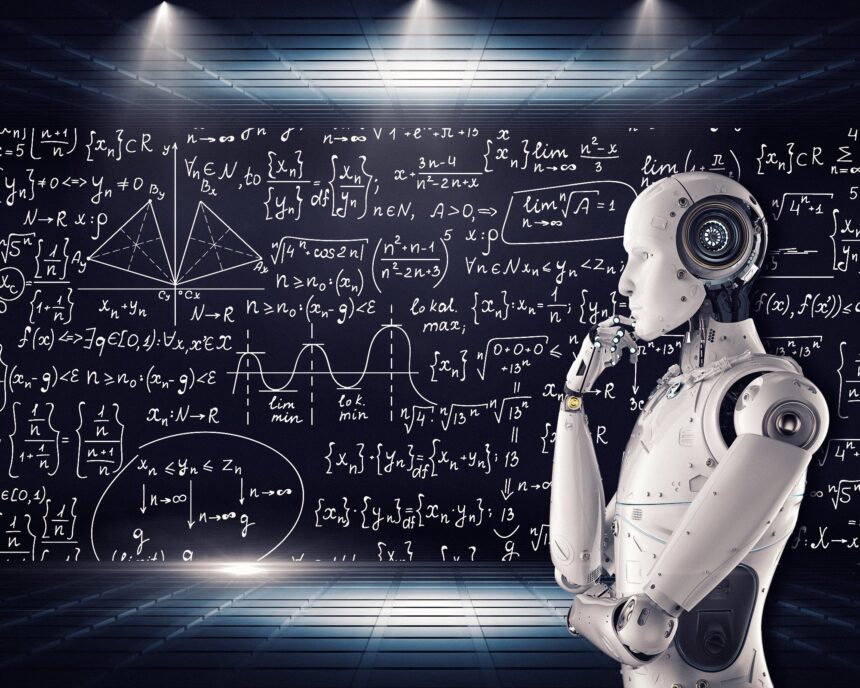In in the present day’s data-driven world, machine studying (ML) has change into a cornerstone of technological innovation and enterprise development. Whether you’re a seasoned knowledge scientist or simply starting your journey, having the correct instruments can considerably improve productiveness, enhance outcomes, and streamline processes. Here are 15 important machine studying instruments that may empower your each day duties.
1. TensorFlow
TensorFlow is an open-source framework developed by Google. Known for its scalability, it helps deep studying and varied ML algorithms. TensorFlow excels in manufacturing environments with its sturdy instruments for deployment, scalability, and assist for edge units.
Key Features:
-
Supports distributed computing
-
TensorBoard for visualization
-
Extensive group assist
2. PyTorch
Popular for analysis and improvement, PyTorch affords dynamic computational graphs, making it versatile and intuitive. It is especially beloved by the tutorial group for its seamless debugging capabilities.
Key Features:
-
Dynamic computation graphs
-
Native assist for GPU acceleration
-
Rich ecosystem, together with TorchServe for deployment
3. Scikit-learn
Scikit-learn is a Python library that excels in classical ML algorithms like regression, classification, and clustering. Its simplicity and effectivity make it a go-to device for a lot of ML practitioners.
Key Features:
4. Keras
Built on high of TensorFlow, Keras affords an easy-to-use API for creating and coaching neural networks. It’s ideally suited for inexperienced persons and fast prototyping.
Key Features:
5. Jupyter Notebooks
Jupyter Notebooks present an interactive setting for coding, visualization, and documentation, multi functional place. It’s a staple for exploratory knowledge evaluation and academic functions.
Key Features:
6. Google Colab
Google Colab extends Jupyter Notebooks by providing a cloud-based platform with free GPU and TPU assist. It’s good for collaboration and experimenting with out native {hardware} constraints.
Key Features:
7. Apache Spark
For massive knowledge fanatics, Apache Spark is indispensable. Its MLlib library helps scalable machine studying on distributed methods, making it ideally suited for giant datasets.
Key Features:
8. H2O.ai
H2O.ai is an open-source ML platform providing scalable and quick instruments for knowledge evaluation. Its AutoML function is especially helpful for automating the model-building course of.
Key Features:
9. RapidMiner
RapidMiner simplifies all the ML workflow, from knowledge preparation to mannequin deployment. It’s extremely visible and requires minimal coding, making it accessible to non-programmers.
Key Features:
10. MATLAB
MATLAB is extensively used for mathematical computing and algorithm improvement. Its ML toolbox gives in depth assist for knowledge preprocessing, mannequin coaching, and visualization.
Key Features:
-
Robust mathematical capabilities
-
Interactive visualization instruments
-
Ideal for sign processing and management methods
11. Amazon SageMaker
Amazon SageMaker is a managed service that covers all the ML lifecycle. It permits you to construct, practice, and deploy fashions at scale with minimal setup.
Key Features:
12. DataRobot
DataRobot makes a speciality of automated machine studying (AutoML), enabling fast and correct mannequin constructing. It’s well-suited for enterprise use.
Key Features:
-
Automated function engineering
-
Comprehensive mannequin insights
-
Cloud and on-premise deployment
13. Weka
Weka is a Java-based ML device that gives a group of visualization instruments and algorithms for knowledge evaluation. Its user-friendly interface makes it nice for inexperienced persons.
Key Features:
14. MLflow
MLflow streamlines the ML lifecycle by offering instruments for experiment monitoring, mannequin packaging, and deployment. It helps a number of languages and frameworks.
Key Features:
15. KNIME
KNIME is a low-code platform that helps customers create knowledge science workflows. It’s a flexible device that integrates seamlessly with a variety of applied sciences.
Key Features:
Machine studying instruments proceed to evolve, providing more and more environment friendly and accessible options for practitioners. Whether you’re centered on creating cutting-edge deep studying fashions or refining classical ML algorithms, these instruments present the performance and adaptability to succeed.










